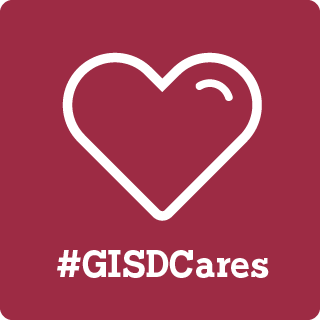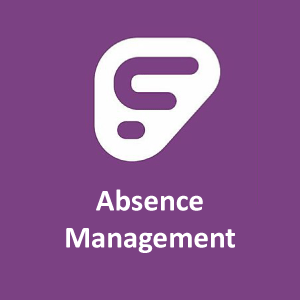


Managing Health Conditions
Learn how our school nurses can provide individualized and specialized care for students with special health needs.
With the appropriate doctor's orders, our nurses can provide procedures such as glucose monitoring, insulin administration, tube feeding, catheterization, tracheostomy care, suctioning, and chest percussion therapy (CPT).
Contact your school nurse for additional information, to schedule a conference and get copies of the appropriate forms for your physician to sign.
Forms
- Parent Allergy Update Form
- Parent Allergy Update Form - Spanish
- Epinephrine Doctor's Order
- Food Allergy Guidelines English
- Food Allergy Guidelines Spanish
- Diet Modification Requests
- Asthma Action Plan
- Parent Asthma Update Form
- Parent Asthma Update Form - Spanish
- Diabetes Management Plan
- Seizure Management and Treatment Form
Don't forget to update us about any changes in your child's health conditions. You can make updates throughout the year as needed.
Chronic health conditions
Expand AllAllergies
An allergic reaction occurs when the body detects the presence of a substance or food that it deems harmful. In an attempt to protect the body, the immune system produces antibodies and releases chemicals, such as histamine, into the bloodstream. The chemicals released cause many different reactions. An allergic reaction can be mild or severe; it can happen immediately or a few hours after a person has eaten or come in contact with a substance.
Food Allergies
Allergies are a growing concern in schools across America. It is a major health issue and must be taken seriously. It is the policy of our school district to make the safety and well-being of students our top priority. Parents can play a vital role in providing the information necessary to make this happen. Your school nurse will create an Individualized Health Care Plan that will include specifics about your student’s reactions, treatment options, and environmental controls.
The Food Allergy Management Team on your campus is available to answer any questions you may have. Please contact your school nurse if needed.
The district’s Food Allergy Management Plan includes Guidelines for the Care of Students with Food Allergies At-Risk for Anaphylaxis, created by the Department of State Health Services.
If your child has a specific food allergy, please contact the school nurse at your child's campus. For more information, see the Special dietary needs page.
Insect Allergies
If your student has insect allergies that require emergency medical treatment such as epinephrine administration, please contact your school nurse for information including necessary medical forms.
Asthma
Asthma is the most common chronic childhood disease. Asthma is characterized by excessive sensitivity of the lungs to various stimuli. With asthma, it is very hard to get air in and out of the lungs. Changes in the airways block the flow of air, making it very hard to breathe. Each child reacts differently to the various triggers that may cause asthma symptoms. Asthma cannot be cured, but it can be prevented and controlled. Only in rare cases do children with asthma need emergency care. However, even a mild asthma episode can be frightening.
Some symptoms of asthma are:
- Shortness of breath
- Wheezing
- Tightness and/or discomfort in chest
- Coughing
Some asthma triggers are:
- Upper respiratory infections (colds)
- Smoke from cigarettes, wood or burning materials
- Fumes from automobiles, cleaning products, or aerosol sprays
- Scents from cosmetics, lotions, or perfumes
- Odors from paints, glues or cooking
- Air pollution
- Pet dander, cockroaches, dust mites, molds and pollen
- Exercise
- Emotional stress
- Weather or temperature changes
To control asthma episodes you must treat symptoms early, use medication regularly as prescribed, and know when medical help is needed. Please contact your school nurse for more information.
Diabetes
Diabetes is a lifelong condition, requiring monitoring and judgment in all areas of an individual's life, including exercise, nutrition and illness. Students with diabetes need the support of caring adults to guide them in their disease management to maintain wellness and prevent or delay complications.
HB 984 amends the Health and Safety Code (Chapter 168) to ensure that the students with diabetes obtain appropriate care at school and while participating in any school activity to enhance their health and ensure their safety and optimize academic performance.










